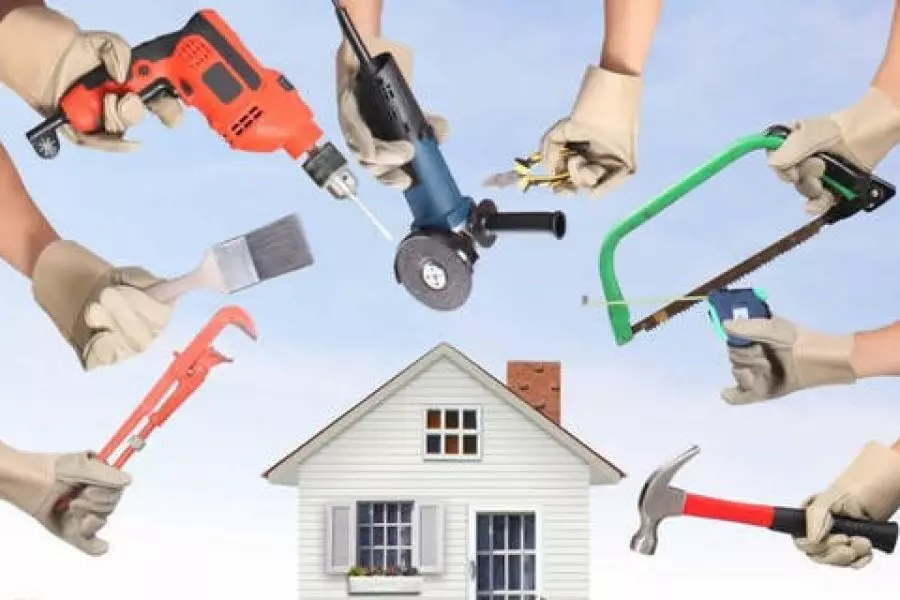News
Doing repairs and renovations the right way

Tuesday 14th of March 2023
Tenancy services says it ensures work on a landlord’s property is completed safely and meets the relevant standards.
Using licensed practitioners
It’s important when carrying out maintenance or renovations to use licensed practitioners, where required.
Hiring licensed builders, electricians, plumbers, gas fitters and drain layer helps make su...
Want to read the full article?
Click the button below to subscribe and will have unlimited access to full article and all other articles on the site.






![[The Wrap] Bye Bye Bayly](https://goodreturns.publit.io/file/c_fill,w_900,h_600/39f23ac1-f7c7-4854-b700-a150004ebbac.webp)


